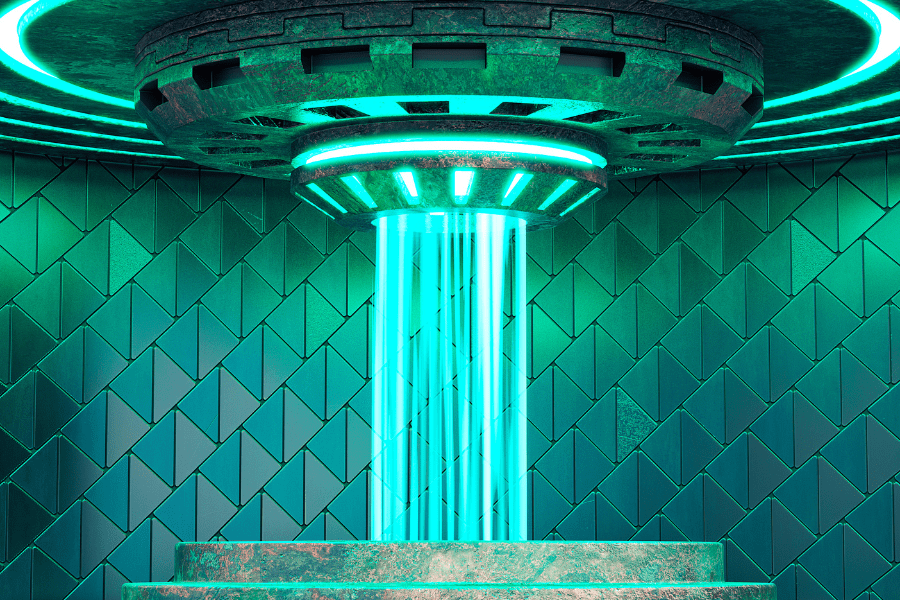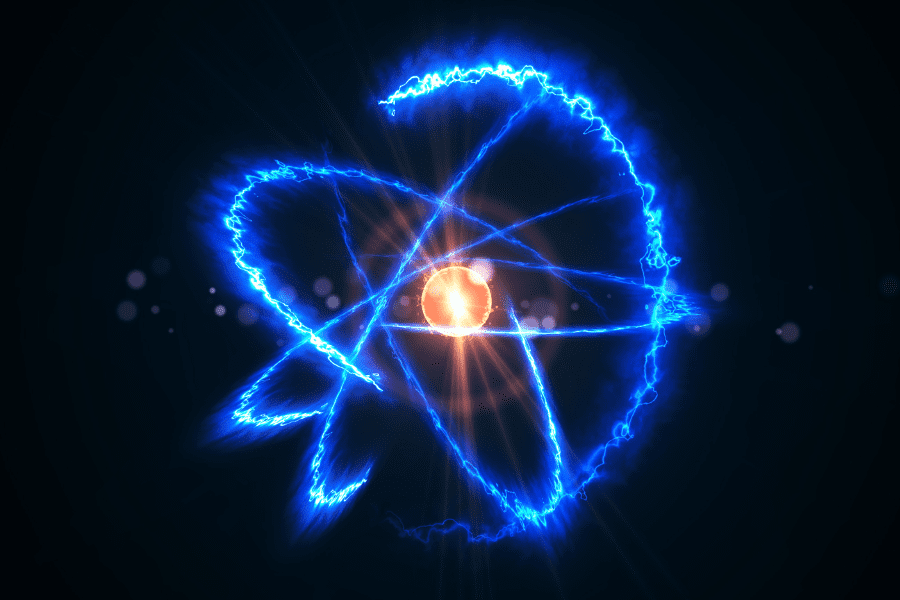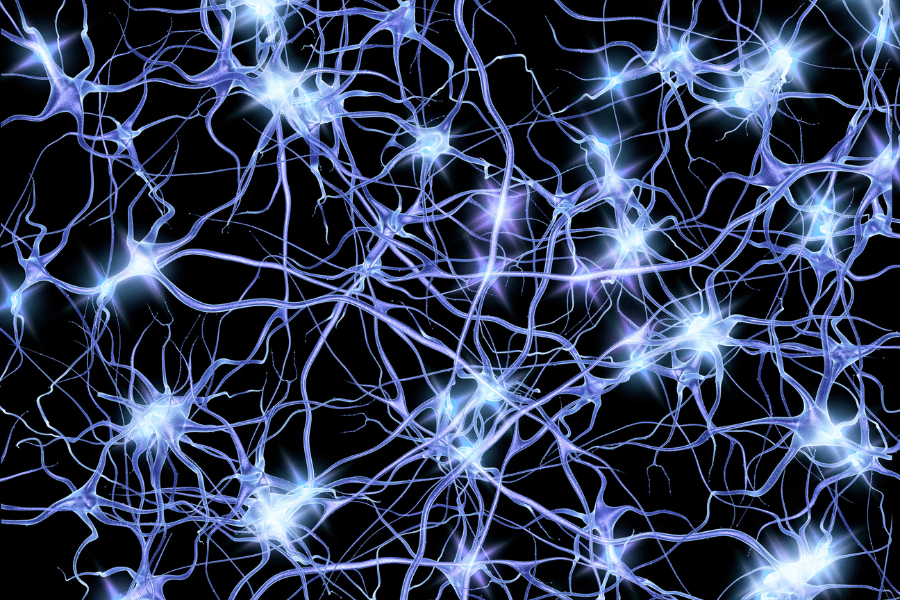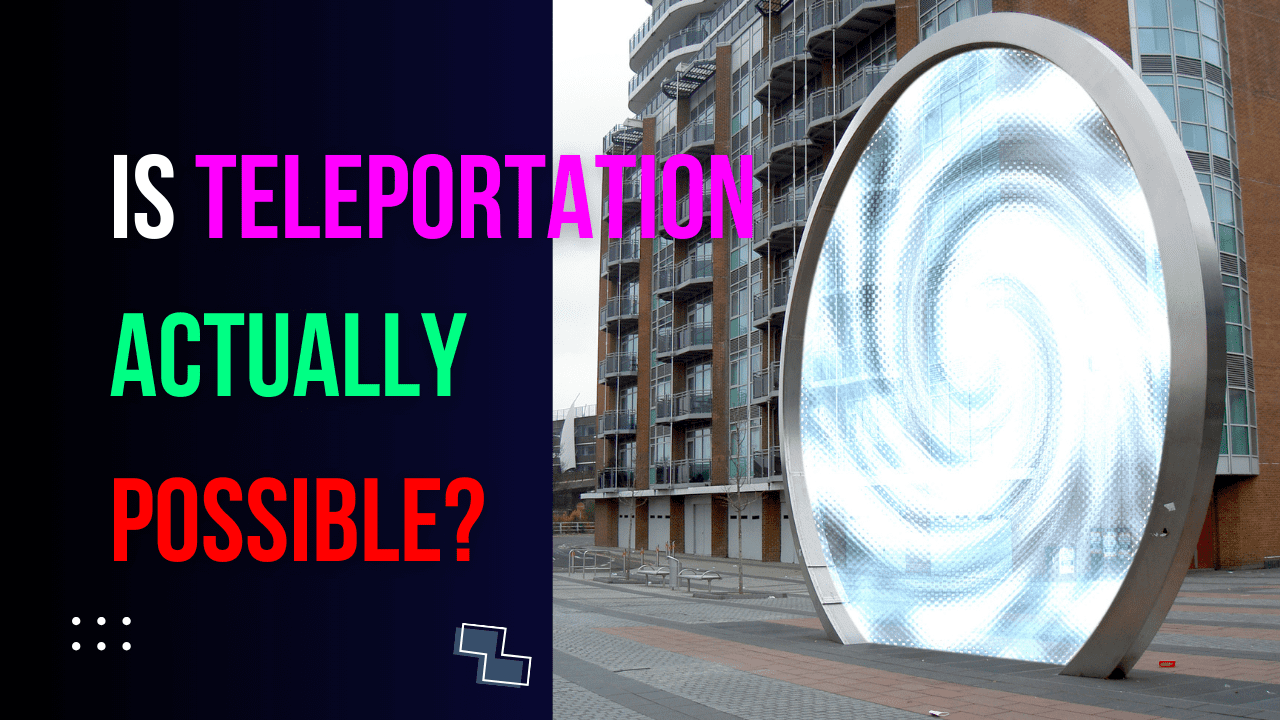Table of Contents
Intro

In the realm of speculative science, few concepts ignite the imagination quite like teleportation. It’s a theme that has been explored in science fiction for decades, most notably in films such as “The Fly” (1986), where the blending of human and insect DNA through a teleportation mishap provides a chilling narrative. However, beyond the silver screen, the underlying principles of teleportation touch upon the very real intersections of science and philosophy, particularly when it comes to the nature of matter, consciousness, and identity.
The Theoretical Groundwork of Teleportation

At its core, the concept of teleportation is not as far-fetched as it might initially appear. The universe, in its infinite complexity, is fundamentally composed of atoms. These atoms, in various arrangements, give rise to everything from the air we breathe to the bodies we inhabit. Imagine, for a moment, if we could map the precise arrangement of atoms that constitute a human being. If this blueprint could then be transmitted to another location and perfectly reassembled, could we consider that teleportation?
This process entails disassembling the original matter and reconstituting it elsewhere, potentially at the speed of light. Such a feat would leverage the ultimate limit of information transfer, suggesting that, in theory, teleportation could converge with the principles of physics as we understand them.
Beyond the Physical: The Conundrum of Consciousness

Yet, the crux of teleportation lies not just in the physical reconstruction of matter but in the preservation of consciousness. Our essence, the very fabric of who we are—our thoughts, emotions, and memories—is intricately linked to the electrochemical processes within our brains. If a teleportation process could replicate the exact state of billions of neurons and their connections, would our consciousness seamlessly continue at the destination?
The philosophical implications here are profound. It raises the question of whether consciousness is merely a byproduct of physical processes or something more intangible. This debate touches upon the very nature of identity and self-awareness, challenging our understanding of what it means to be human.
Identity and the Essence of Self

In an age where medical advancements have made organ transplants routine, and the prospect of brain transplants looms on the horizon, the question of identity becomes increasingly relevant. If one’s brain were transplanted into another body, where does the sense of “self” reside? The notion that our identity is tethered to our physical brain is compelling, yet recent discoveries that neural cells exist beyond the brain suggest that our understanding of consciousness might still be in its infancy.
Conclusion: The Horizon of Human Understanding
As we stand at the precipice of technological and scientific discovery, the concept of teleportation serves as a fascinating lens through which to explore the mysteries of human existence. It compels us to question the boundaries of science, the nature of consciousness, and the essence of our identity. While the reality of teleportation may remain within the realm of speculative fiction, the philosophical and scientific inquiries it provokes are profoundly real, pushing us to ponder the limitless possibilities of human innovation and understanding.
Discover More
If this article made you happy and taught you something, I’m sure our next article will do the same for you. Each piece is carefully written to help you understand things better and enjoy reading more. So, to keep exploring and having fun, just click on this link to go to our next story.
The lies of enzyme supplement. You are being deceived. – ReViewMaster DEN (rvmden.com)



